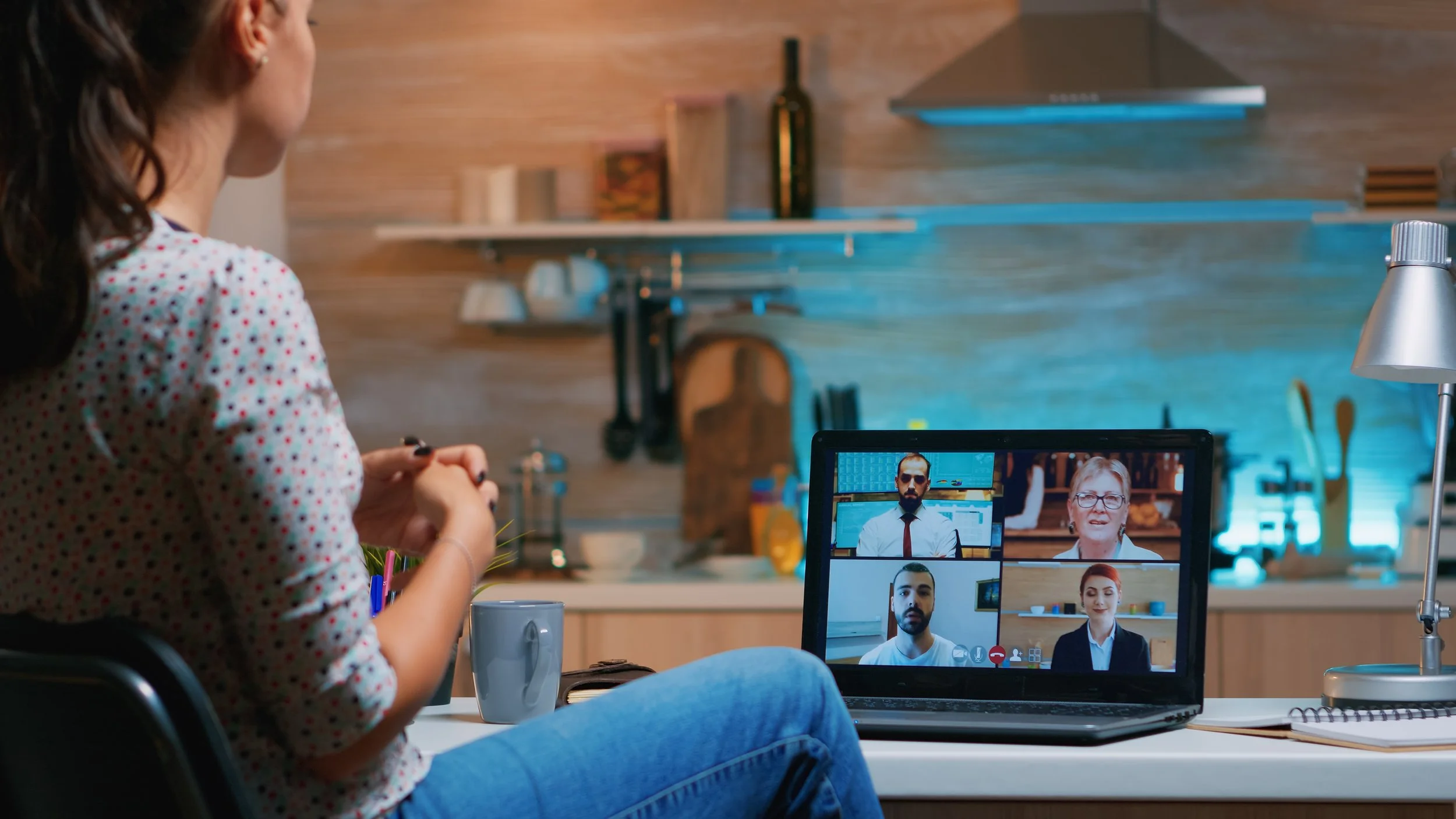Why Is It So Hard to Ask for Help?
And what you can do to make it (just a little bit) easier.
By Chris Anselmo
In November 2009, a neurologist predicted that I had ten years left to walk. I was 23 years old. It turned out that the unexplained muscle weakness I had been experiencing for the past year was due to an adult-onset muscle disease, limb-girdle muscular dystrophy type 2B. I was told that there was nothing to do but be patient, since there were no treatments (and still aren’t) that could halt the progression.
I left the appointment in a fit of rage. I refused to accept the prognosis. I resolved to become the first person who ever defeated the disease and regained my strength. This hard-headed mindset only made the inevitable jolt of reality more painful. Instead of declaring war on my disease, I should have asked for help.
Life doesn’t wait until we’re ready. And yet, curing the incurable felt more doable than admitting I was powerless. Instead of letting people know about the severity of my prognosis, I downplayed it or kept quiet. I was just strong enough that I could hide my symptoms if I avoided running or other strenuous activities.
“Asking for help is a skill that takes some time to learn, but pays tremendous dividends in the long run.”
There were many reasons for not asking for help. I didn’t want my parents to worry. I didn’t want my friends to think less of me. Above all, I didn’t know how to ask for help. But life didn’t care if I was ready. Once stairs became impossible, once I began falling, I knew that I had to seek assistance. Little by little, I let those close to me know what was going on. The benefits were immediate. My life improved, all because I let people know I couldn’t handle this disease alone. In a few months, I went from disdaining help to wondering why I hadn’t asked for it sooner.
I want you to avoid waiting as long as I did. Whatever you are struggling with, asking for help — specifically from those closest to us — is a skill that takes some time to learn but pays tremendous dividends in the long run.
FOUR COMMON BARRIERS
There are many reasons asking for help is so difficult. Here are four that stand out:
Pride. We hesitate to ask for help because it feels like we're admitting defeat. We want to be self-reliant, and yet asking for help declares to the world, “I can’t do this on my own.” This wounds our pride.
We are afraid to be vulnerable. Asking for help is scary and uncomfortable. Sometimes, it means baring our deepest insecurities.
We are afraid of getting hurt/stigmatized. When we ask for help, we don’t know how the other person will respond. They might help us carry our burdens, which would be fantastic. But there’s always a risk that they’ll hurt us even more. What if someone we thought we trusted refuses to help? What if they don’t take our concerns seriously? If this happens, it can tear open wounds that may never heal.
We think we are burdening others. Even if we aren’t afraid to be vulnerable, we don’t want to feel like a burden. Other people are busy; we don’t want to take up their time.
Moving past these barriers to asking for help
These barriers are powerful, but they aren’t insurmountable. Here’s how we can move past each of them:
Pride - If you are discouraged that can’t do everything on your own, well, news flash: you can’t. No one can. We need each other to make it in this world. It is the essence of Stephen Covey’s paradigm of interdependence— to live effectively, we must work together. Besides, asking for help is a form of independence. By taking the initiative, we are calling the shots and proactively identifying where we would benefit from additional support.
“We underestimate how much people respect us when we admit our weaknesses. ”
Vulnerability - Unfortunately, there is no magic formula that makes sharing our vulnerabilities easier. If you are not ready to share every last detail of your struggle, share just a little bit, or speak in generalities. The first step is recognizing that although asking for help comes with the risk of rejection, it can be the quickest way to improve your life. If you reach a point where you are able to open up, and the person you talk to responds in a genuine, caring way, this can be life-changing.
Getting hurt - There is no guarantee that those closest to you will react positively to your request for help. However, if you are confiding in someone you already trust — a parent, a spouse, or a best friend — the odds are in your favor. We underestimate how much people respect us when we admit our weaknesses. Think about all the times someone admitted to you that they needed help. You were probably impressed with their courage and willing to do whatever they needed within your power. Why can’t others do the same for you?
Burdening others - It’s easy to think we are burdening others with our problems, and yet when we finally do say something, the reaction is commonly, “Why didn’t you tell me sooner?” People want to help. If they are able, they will want to make your life easier. Many times, they are aware that something is wrong long before you ask. If you think you’ll be bothering them, consider what would happen if you continued on your present course. If you keep bottling up your hurt and don’t ask for help, you might end up in a worse place than ripping off the Band-Aid and doing it once and for all. It might burden them more to pick up the broken pieces later.
Putting it into action
When we see these mental blocks for what they really are, asking for help becomes, if not less scary, then at least more doable.
To read the full version of this post, click here. If you would like to read more of Chris Anselmo’s writing, please visit his site, Hello, Adversity.
































